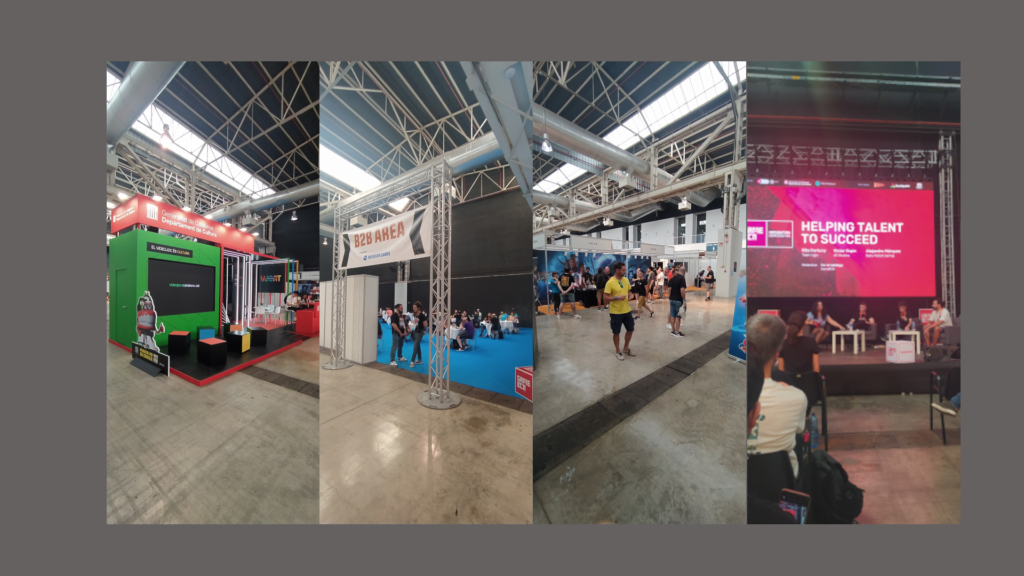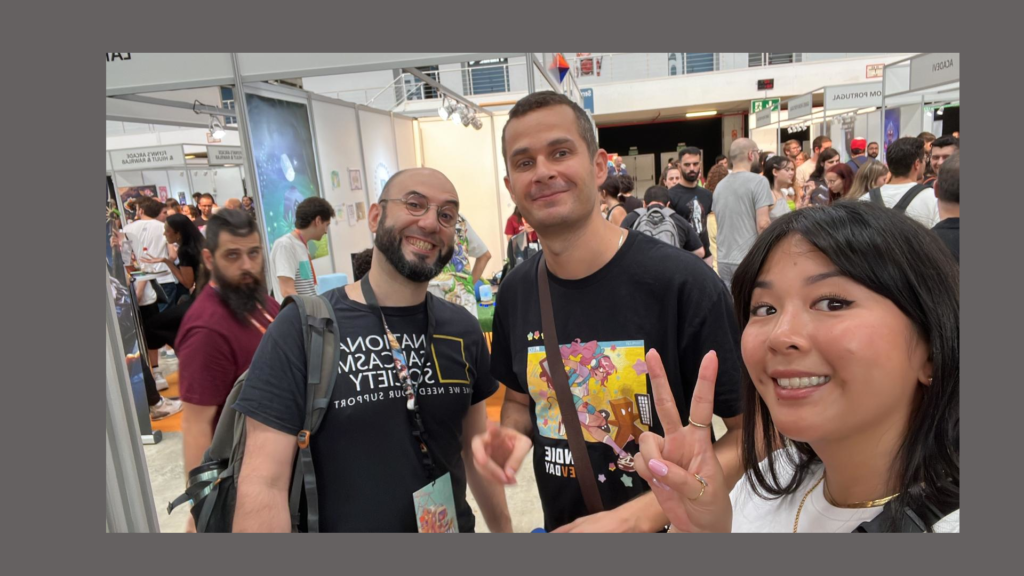Many game companies after the first interview send you an assessment to complete. You have usually between 4 hours and 10 days available to complete the assessment. Some company gives you free time, as long as you complete it.
There was that TV show on Netflix called Vikings. Among the many storylines, there is one about a person who has a serious handicap. He manages to use his disadvantage to become the king.
I have never passed a single test. Every time I get these assessments my mind goes automatically in “you are working for free” mode. I sent the result of my assessment and someone (I imagine her with a bored face and a cup of horrible machine-made tea) skimmed my assessment. And of course, it was a no. My bad will meets with the bad will of the reviewer, what do you expect? That is one handicap I have. And I made it a strength in recent years!
I have developed and hired outstanding designers for companies. True talents. Within 3 hours with a dashboard and a laptop with a game engine running and a spreadsheet, I can run a complete interview. The people I have hired are still there, crushing it.
When I am on the other side, nowadays I want the same. You send me an assessment, I say you “give it to me”. Then I read it carefully and write down exactly what I should do to complete the exercises and a time and cost estimation. I send everything via email, it’s better than simply rejecting the task. Writing all of this down often takes me 2-3 hours.
Again, nobody pays me for that. And of course, it doesn’t work. Don’t follow my suggestion if you really want that job. I am in a different position nowadays. I am not “open to work”. I work as a game designer every single day, I just don’t let anyone decide if I have a job or not. I want to work with you if you want to work with me, simple as that.
Assessments are free to work that no one pays. They are made to filter people out. They do not consider diversity and they are made to exclude. Companies love to claim “diversity and inclusion”. Well, this is part of it.
I am quite happy as a freelancer, a “warrior without a king”. Still, I don’t close myself up to any opportunity. But I need to feel that the company wants me, not the other way around!

